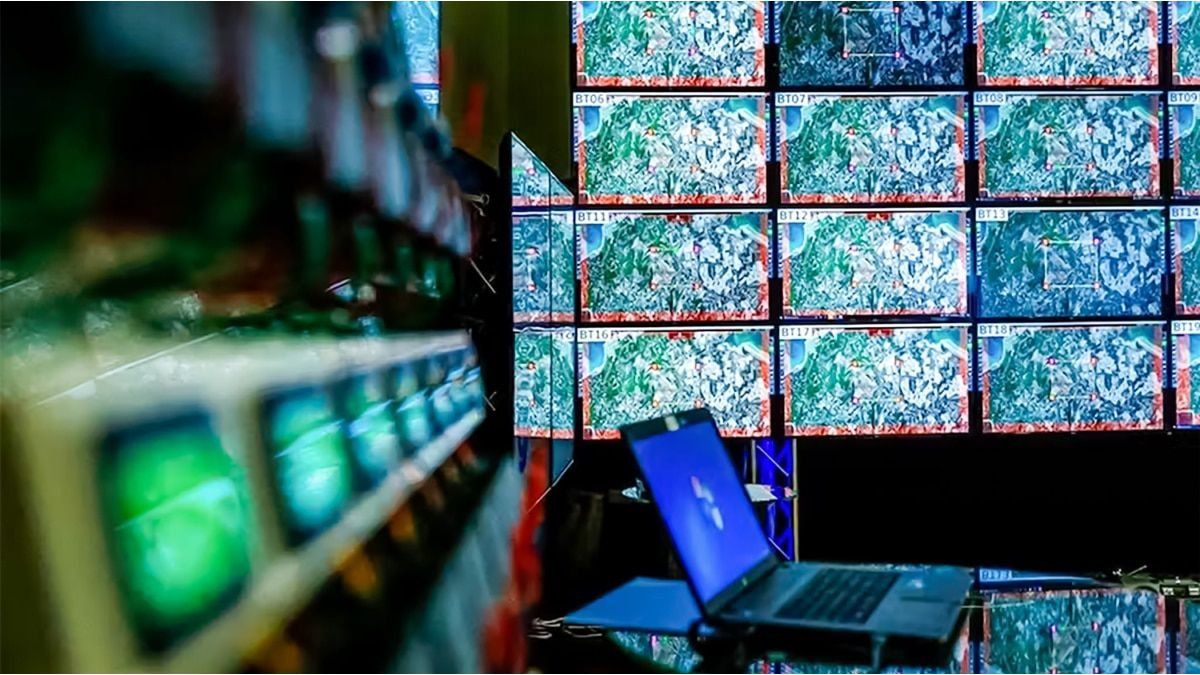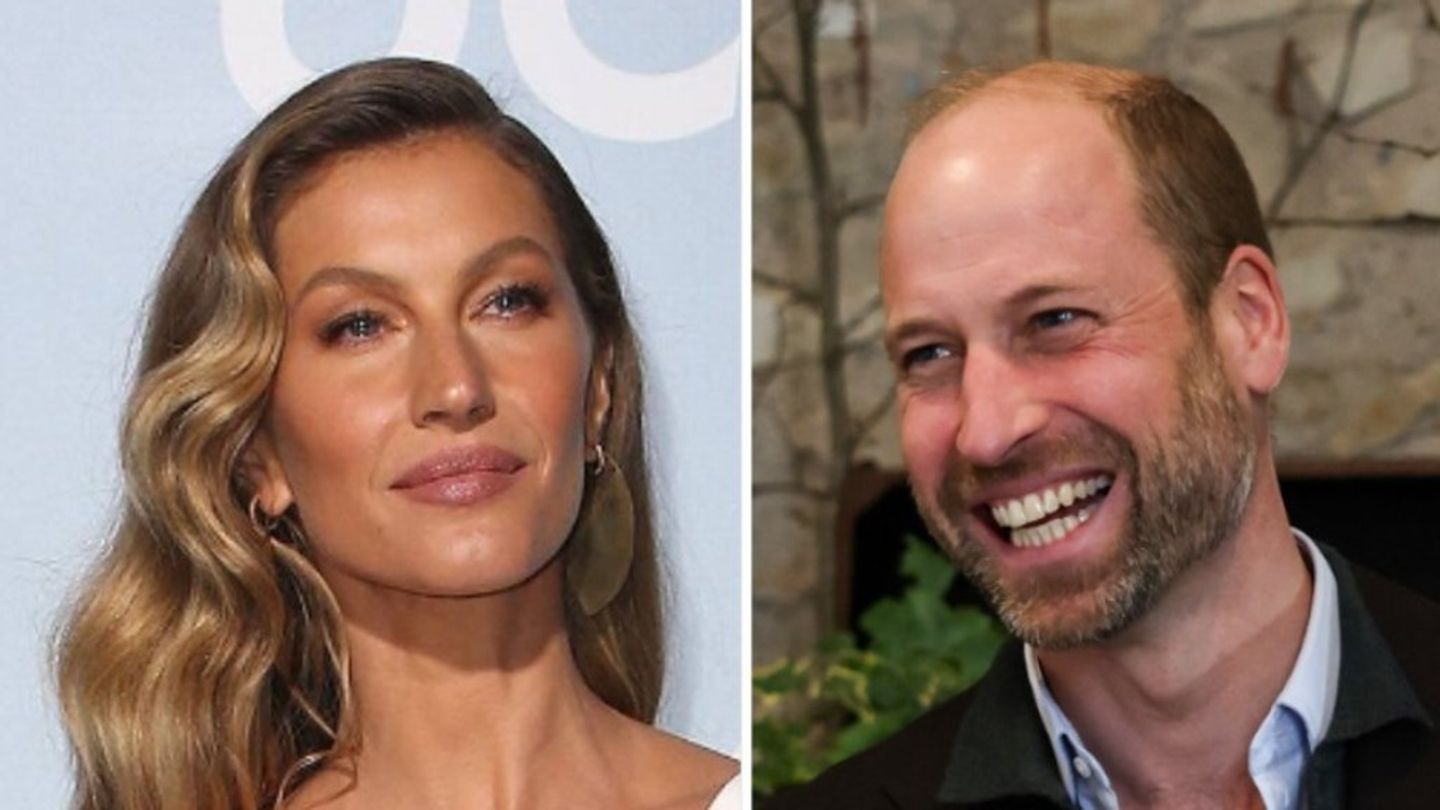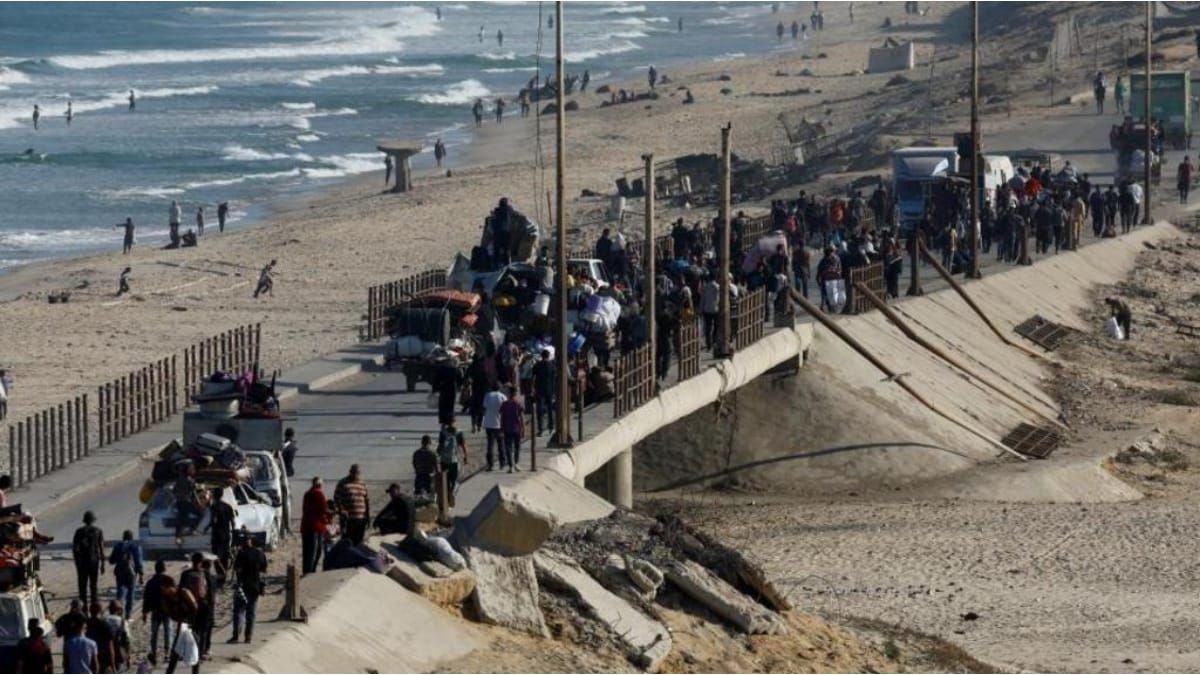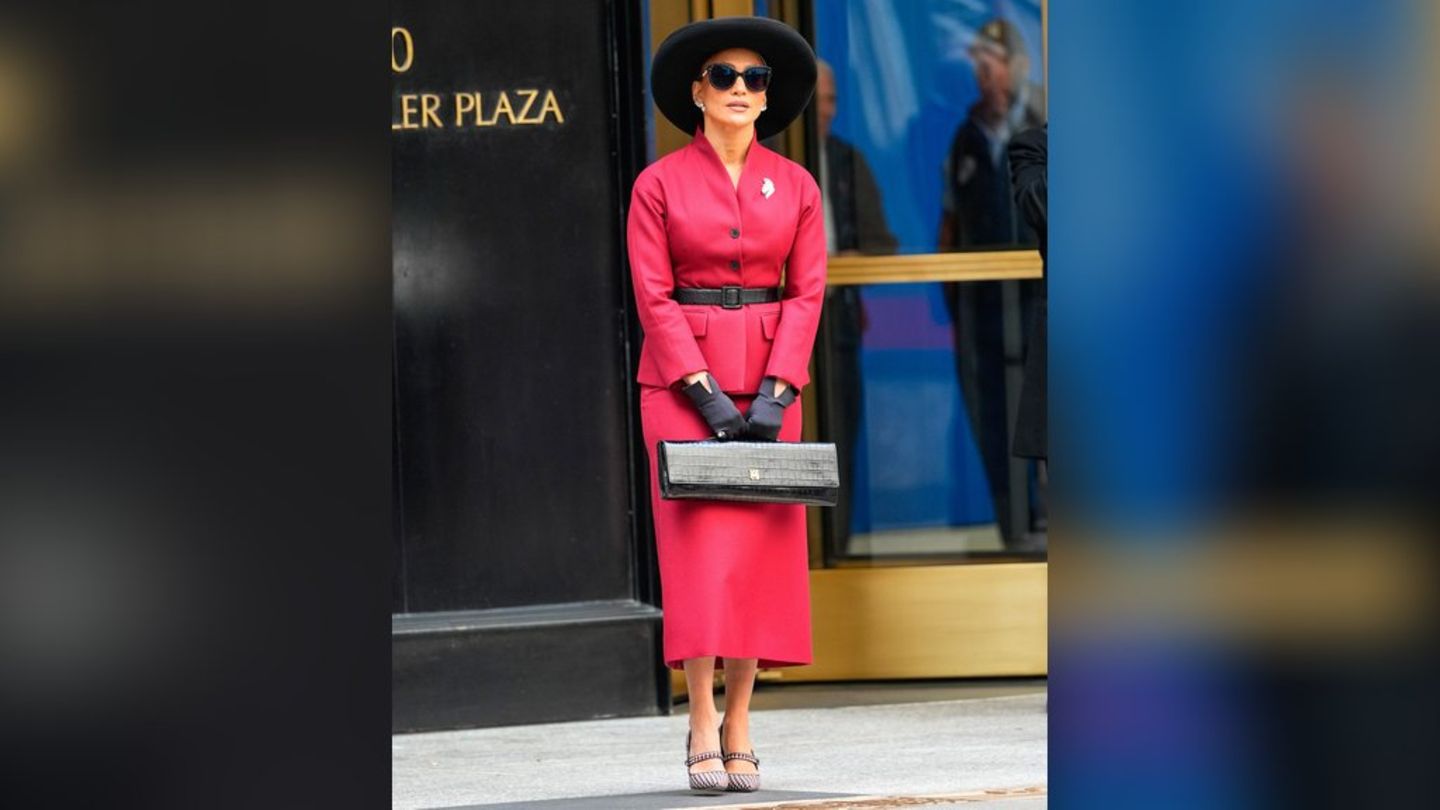The Paris Olympic Games-2024 They are the most exposed in history to cyberattacks, with artificial intelligence (AI) as a backdrop, almost half a century after the first edition to suffer one: Montreal-1976.
Between groups of criminals, “activist pirates” with more or less ideological ambitions and state agents eager to undermine the event, the threat has multiple forms.
“The spectrum of attacks is very broad. It is a very important security challenge,” said John Utlquist, an analyst at Mandiant Consulting.
“All forms of disruption are on the table,” adds the analyst from this Google cybersecurity consultancy, referring to sponsors, transportation, logistics and competitions, among others.
The general director of the French Information Security Agency (Anssi), Vincent Strubel, appeared calm in March. “We have trained well and we still have a few months to refine this preparation,” he assured.
But he admits a high risk: “The worst case scenario would be that we find ourselves inundated with small-scale attacks and do not anticipate a more serious attack targeting critical infrastructure.”
In the research magazine Hérodote, a risk management expert, who signs with a pseudonym, recalls the Montreal case in 1976, at the dawn of computing.
The Games in the Canadian city were affected by electrical problems in the information systems for 48 hours and several events had to be postponed or moved.
The experience of the Olympic Games
“Montreal will remain in the memory of the organizing committees as the event where cyber risk appeared,” estimates the expert.
On the contrary, Tokyo-2020 appears as a “success story.” In the midst of the Covid pandemic, the organizers managed to “integrate cyber risk, even in the design of buildings and sports infrastructure.”
Is Paris ready? The verdict will arrive in August, but the international geopolitical context increases the risks.
Russia, whose relationships with International Olympic Committee (IOC) are tense and whose athletes will not be able to compete under their national flag, is in the spotlight.
He IOC complained about Russian disinformation campaigns in November and March. And France has denounced a wave of online manipulations related to the war in Ukraine.
JJOO.webp
The next Olympic Games are the most exposed in history to cyberattacks, with artificial intelligence as a backdrop
The Spanish
At the beginning of April, the Russian presidency denounced the French president’s “unfounded” accusations, Emmanuel Macron, about what Moscow spread information suggesting that Paris would not be ready for the Games.
“The biggest concerns point to Russian actors, in particular the GRU,” Russian military intelligence, estimates Utlquist.
The expert recalls that they are accused of being behind the cyberattacks of the Pieongchang Winter Olympics in South Korea in 2018, and during the French presidential campaign in 2017.
“In general they are the pawn of Moscow in these kinds of things,” he adds. For Moscow, as for others, “the objective is geopolitical. “It’s about undermining trust and faith in the target and their ability to act effectively.”
Impact of AI on the Olympic Games
Paris 2024 will also be held for the first time in an era with democratized and powerful artificial intelligence. “AI will have a huge impact for us,” says a senior French military official.
AI will make it possible to “aggregate data more quickly and extract key events.” But “the opponent has the same assets and, above all, I am going to have many more adversaries,” he adds.
“The resources are not up to all the attacks that we can suffer,” he says.
Betsy Cooper, a cybersecurity expert at the Aspen Institute in the United States, talks about entering “a new era in which it will be easier to affect the integrity of sport thanks to AI.”
Tampering with a hawk-eye officiating system, erasing times or jamming scoreboards are some of the possible disruptions.
The analyst particularly recommends compartmentalizing computer spaces so that all systems are not connected to the same Wi-Fi networks and that an eventual infection in one space does not affect the rest.
And he points to a traditional solution in case of a cyber attack in a competition: “With a paper copy, there is no problem.”
Source: Ambito
I am Pierce Boyd, a driven and ambitious professional working in the news industry. I have been writing for 24 Hours Worlds for over five years, specializing in sports section coverage. During my tenure at the publication, I have built an impressive portfolio of articles that has earned me a reputation as an experienced journalist and content creator.




